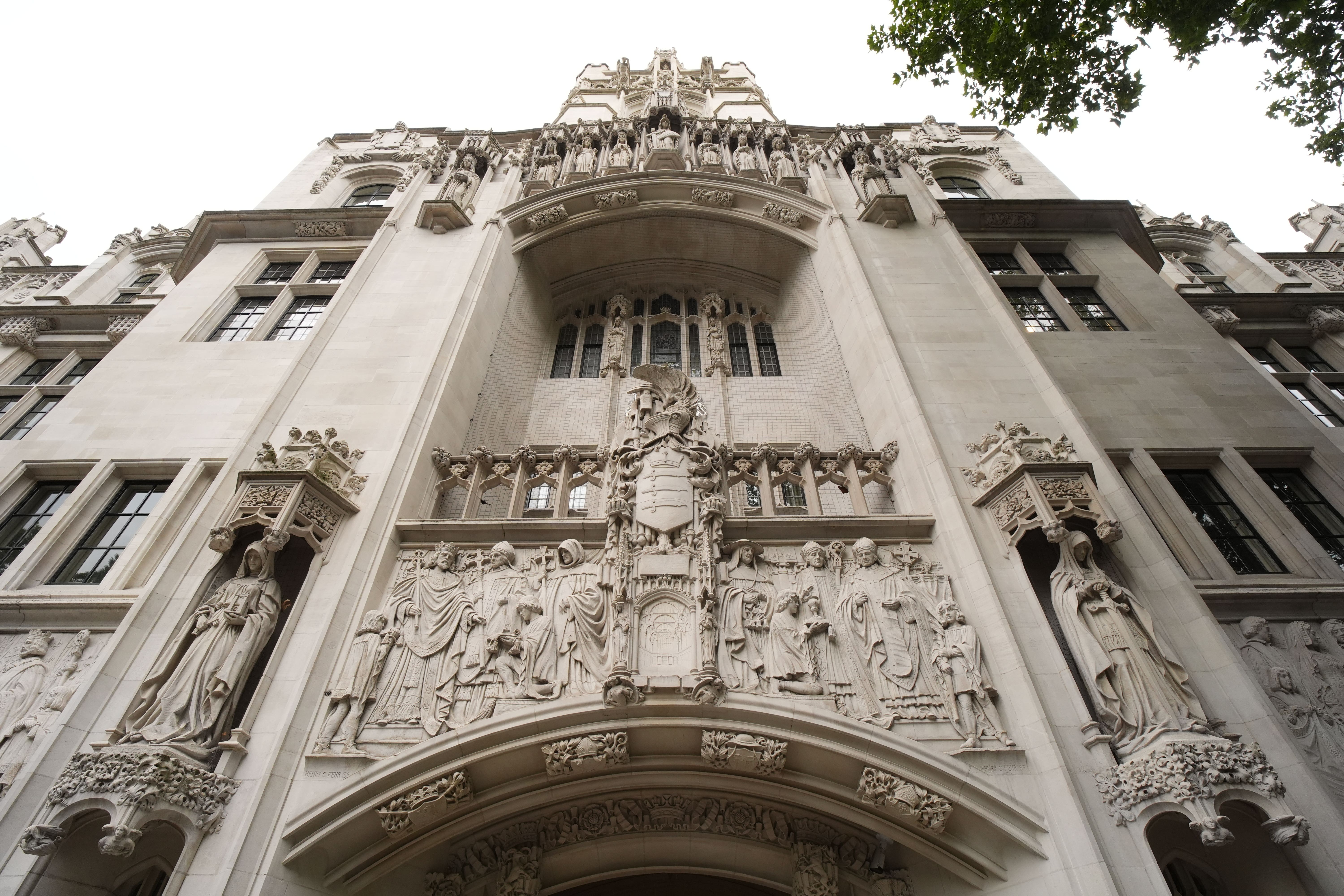One of three drivers involved in a legal row over motor finance compensation has said he is “dumbfounded” after the Supreme Court ruled that lenders are not liable for hidden commission payments.
Marcus Johnson, then a factory supervisor, was buying his first car in 2017 and paid £1,650.95 in commission as part of his finance agreement with FirstRand for the Suzuki he purchased.
In October last year, the Court of Appeal ruled that the 35-year-old and two other drivers who had also paid commission as part of car finance agreements before 2021 were entitled to compensation.
The court ruled that the motorists were not told either clearly enough or at all that the car dealers, acting as credit brokers, would receive a commission from the lenders for introducing business to them.
The Supreme Court overturned the decision on Friday, but said Mr Johnson should retain his compensation and interest as he was in an “unfair” relationship with the lender.
When asked by the PA news agency how he felt about the outcome of the case, Mr Johnson, from Cwmbran in Wales, said: “It was surprise and sadness, because I was quite confident, just based on how I felt about it, the unfairness of what happened to me.
“I thought people looking at all the information would come to the same conclusion, and I’m just dumbfounded.
“I feel terrible that people won’t be able to claim anything like I have.”
Mr Johnson said he did not “disagree with commission” as he understood “that that is how the market works”.
But he said that the ruling “sounds like it’s fine to secretly overcharge customers for commission”.

Mr Johnson said that he managed to sell his Suzuki after winning a Honda Civic in a raffle on Facebook, which he entered for £1.
He said he could not afford the insurance on the Honda, so he sold it and used the money to pay off the remaining balance on the Suzuki.
He then sold it privately at a loss thanks to the amount he still owed after three years of having the Suzuki on finance.
While Mr Johnson acknowledged that he would “steer clear” of hire-purchase agreements in future, there was little in his contract for the Suzuki which alerted him to the commission.
He said: “The problem with that, the reading of the small print, in my case, would not have told you any of the information anyway.
“There was a single sentence in my entire contract that said ‘you may or may not be charged commission’.
“There was no information besides that single sentence about commission.
“Going forward, I don’t know how I would purchase a car besides that way, but I would really steer clear of doing a similar transaction in the future.”
Mr Johnson continued that the ruling “does not sit right with me at all”.
He said: “I am obviously happy that my case was successful, but for so many other people that were also overcharged, I just don’t like the message it sends to the UK consumer.”
In a 110-page ruling, Lords Reed, Hodge, Lloyd-Jones, Briggs and Hamblen said that car dealers did not have a relationship with their customers that would require them to act only in the customers’ interest.
They said: “An offer to find the best deal is not the same as an offer to act altruistically.”
They continued: “No reasonable onlooker would think that, by offering to find a suitable finance package to enable the customer to obtain the car, the dealer was thereby giving up, rather than continuing to pursue, its own commercial objective of securing a profitable sale of the car.”
Alleged leader of Mexican kidnapping ring released after nearly 20 years in prison
Supreme Court ruling on car finance explained
Car finance scandal live: Supreme Court rules on compensation in mis-selling case
Police pay rise: Officers’ salary to increase 4.2% in England and Wales
Martin Lewis issues urgent car finance Supreme Court ruling warning
Transgender woman loses discrimination claim after being barred from women’s pool







